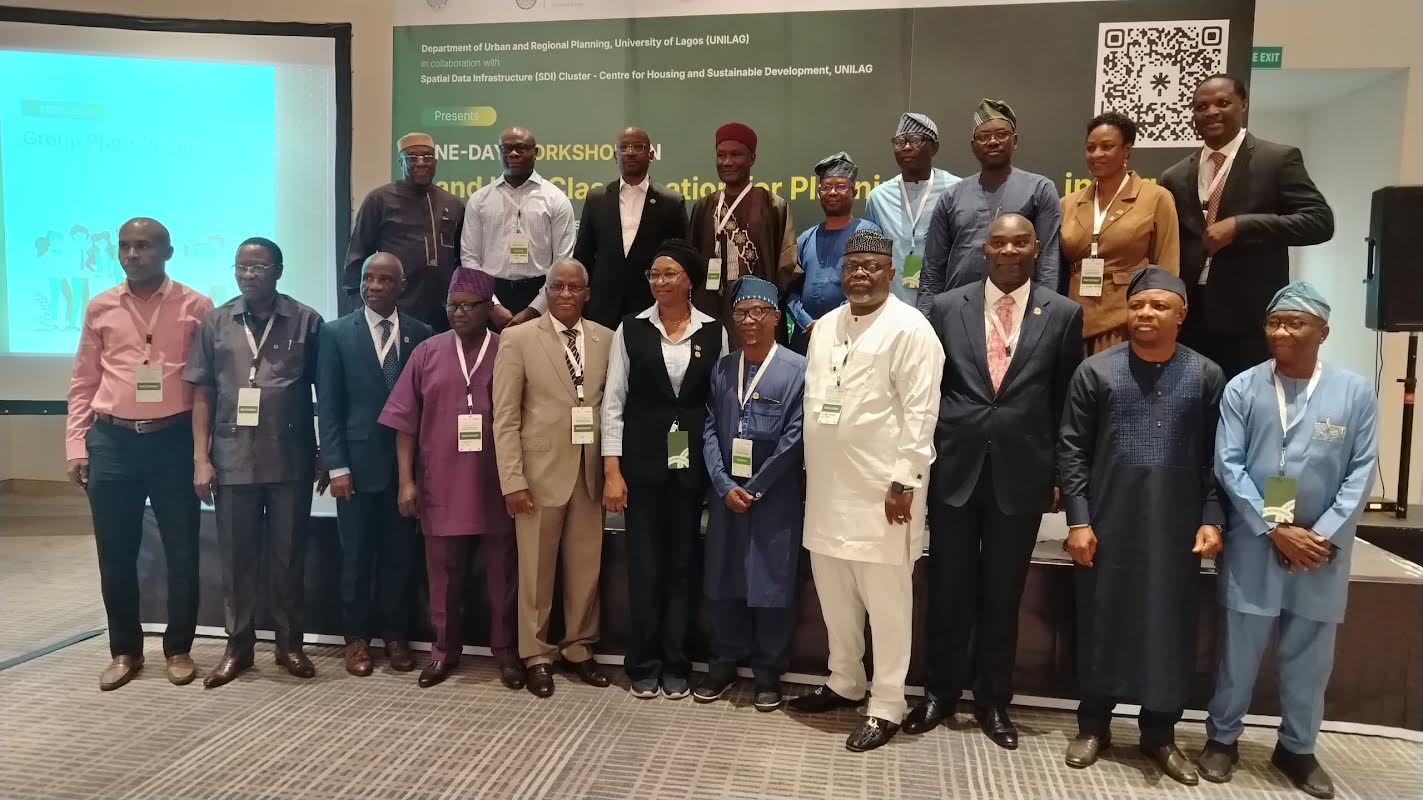
Oyo State government has charged the Council for the Regulation of Engineering in Nigeria (COREN) to eliminate quackery and reduce infrastructure collapse by collaborating with the Standards Organisation of Nigeria (SON) in the certification of building materials.
Governor Seyi Makinde made the call while inaugurating the State Technical Committee (STC) and the State Expatriate Monitoring Committee (SEMC) of Engineering Regulations Monitoring and Enforcement (ERM&E), which will ensure that engineering practices in Oyo State adhere to global standards.
The governor, who was represented by the Deputy Governor, Bayo Lawal, advised engineers to ensure ongoing infrastructure projects meet required standards and work following engineering standards.
The governor noted that the committees are saddled with the responsibilities of monitoring and enforcing engineering regulations to ensure that engineering enhances economic growth and improves infrastructure and quality of life for the people of the state.
He urged the committees to uphold the ethics and practices of the engineering profession and ensure that all projects in the state are executed with the highest level of professionalism and integrity.
He commended COREN for its efforts in establishing the Engineering Regulations Monitoring and Enforcement (ERM&E), promoting excellence in engineering practices and ensuring public safety.
Earlier, COREN President, Prof Sadiq Abubakar, stated that engineering regulation is the bedrock for development, as COREN has expanded its regulatory activities to monitor all engineering practices and materials both imported and manufactured in the country.
Abubakar appealed to all stakeholders to support COREN to have a new practising and regulatory framework in Oyo State.
In his remarks, the Registrar of the council, Prof Okorie Uche, said the committees were set up to assist the government and the people in protecting their lives and properties, as well as ensuring engineering standard practice.
Speaking on the certification, licensing and regulation of artisans in Nigeria under the Nigerian Skills Qualifications Framework (NSQF), a former deputy governor of Osun State, Sen. Iyiola Omisore, said that through the programme, graduates from Nigerian institutions of learning could work anywhere in the world without doing conversion examinations for certification to practice their professions.
Members of the committees include representatives of the governor, Federal Ministry of Works and Housing, Oyo State Ministry of Works and Transportation, Nigeria Police, Nigerian Immigration Service, State Development Control Agency and Local Government Service Commission, Nigerian Society of Engineers, and Council for the Regulation of Engineering in Nigeria, among others.






